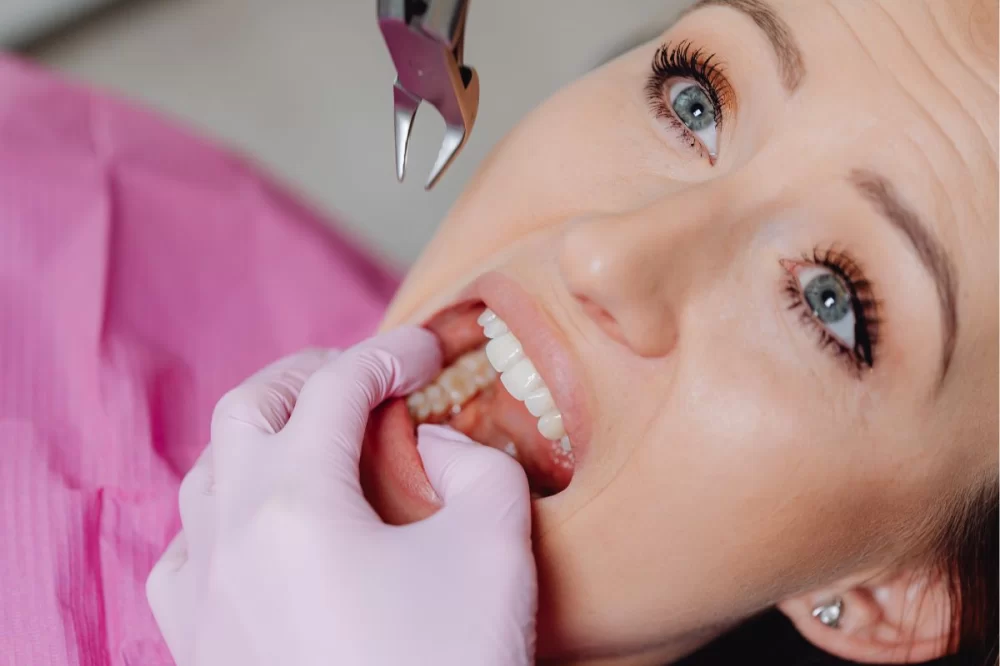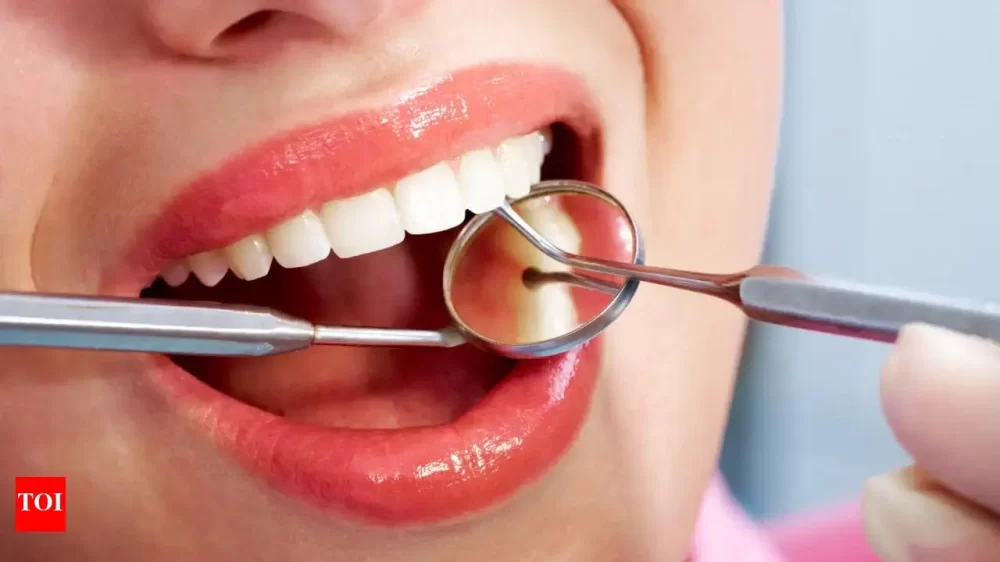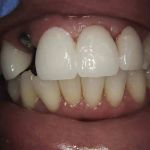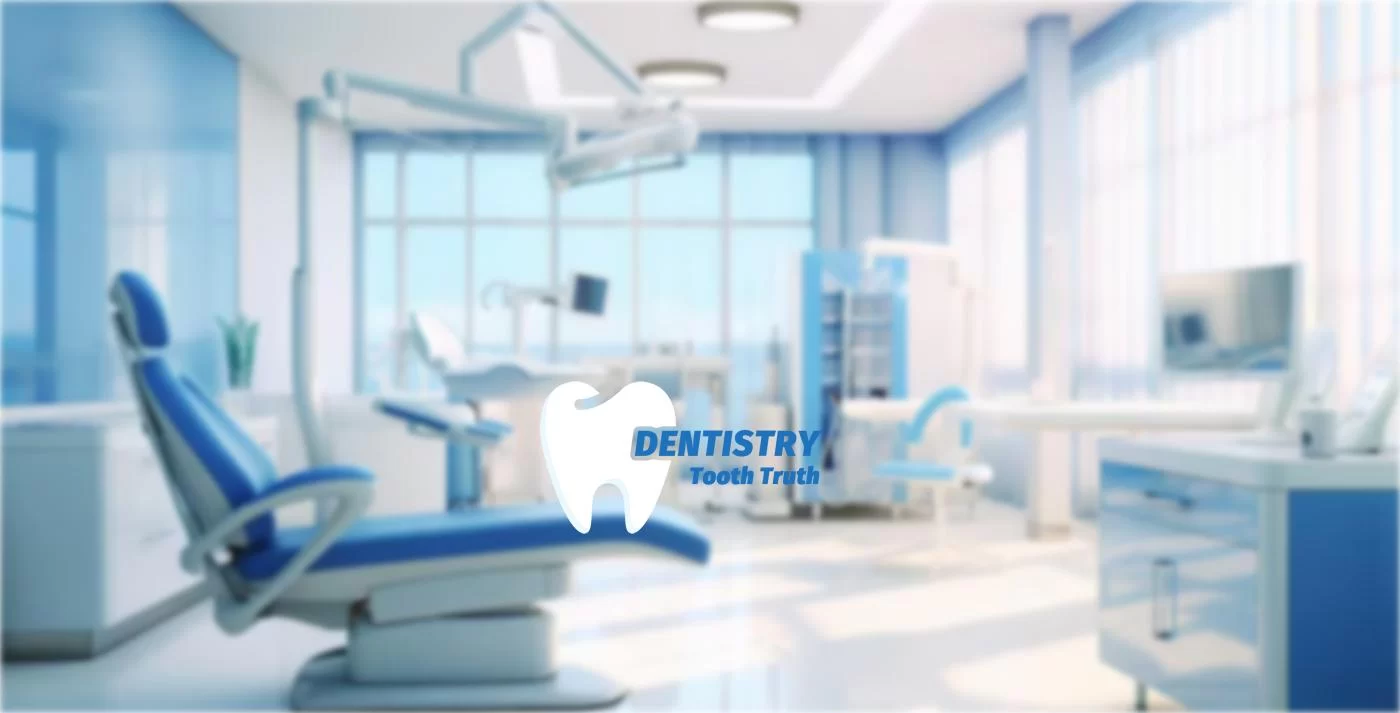Dentistry Toothtruth Blog - Expert Dental Care Tips, News & Insights
- Benefits of Fluoride Treatments at the Dentist
Discover the key benefits of fluoride treatments at the dentist, including tooth decay prevention, enamel protection, and cavity reduction. Learn how fluoride can improve your overall oral health.
- What to Do if You Have a Dental Abscess or Tooth Infection - Treatment and Prevention
Learn how to identify, treat, and prevent a dental abscess or tooth infection with helpful tips and remedies. Find out when to seek professional care and how to manage symptoms at home.
- Why Do Teeth Get Stained and How to Prevent It? | Teeth Whitening Tips and Solutions
Discover why teeth get stained and how to prevent it. Learn about common causes of teeth staining, effective prevention tips, and the best teeth whitening products to maintain a bright smile. Visit Dentistry Toothtruth for more solutions.
- How Acidic Foods Affect Teeth: Protecting Your Smile from Enamel Erosion
Learn how acidic foods affect your teeth and what steps you can take to protect your enamel. Discover practical tips, real-world cases, and essential products to prevent tooth erosion and maintain a healthy smile.
- The Best Foods to Eat for a Healthy Smile: Improve Your Oral Health with These Nutrient-Dense Options
Discover the best foods to eat for a healthy smile. Learn how nutrient-dense foods like cheese, fruits, and vegetables can enhance your oral health and give you a brighter smile. Start making better food choices today!
- "The Connection Between Oral Diseases and Heart Disease: How Oral Health Affects Your Heart"
"Discover the link between oral diseases and heart disease. Learn how oral health can impact your cardiovascular health, plus preventive measures and product recommendations to support both."
- How Dental Appliances for Sleep Apnea Work: A Comprehensive Guide
Discover how dental appliances for sleep apnea work, the benefits they offer, and how to choose the right one for you. Improve your sleep quality and manage sleep apnea effectively with the help of custom oral appliances.
- The Importance of Calcium in Oral Health: Strengthen Your Teeth and Gums Naturally
Discover the vital role calcium plays in maintaining healthy teeth and gums. Learn how to incorporate calcium-rich foods and supplements to prevent oral health issues. Read more to protect your smile!
- What Causes Teeth to Yellow and How to Reverse It: Effective Tips for a Brighter Smile
Discover what causes teeth to yellow and how to reverse it. Explore effective methods and tips for whitening teeth and maintaining a bright smile.
- What is Oral Candidiasis and How is it Treated?
Learn what oral candidiasis is, its symptoms, causes, and how it can be treated effectively. Explore treatment options, prevention tips, and when to seek medical help for oral thrush.
 How to Treat Oral Infections After Dental Work: A Comprehensive Guide
How to Treat Oral Infections After Dental Work: A Comprehensive GuideLearn how to treat oral infections after dental work. Explore common symptoms, remedies, and professional treatments to prevent and manage infections following dental procedures.
 Top Dental Tips to Prevent Common Oral Diseases: Essential Tips for Healthy Teeth and Gums
Top Dental Tips to Prevent Common Oral Diseases: Essential Tips for Healthy Teeth and GumsDiscover top dental tips to prevent common oral diseases like cavities and gum disease. Learn how to maintain good oral hygiene, improve your dental health, and protect your smile for years to come.
Categories
Popular Dental Clinics
 Crimsoncare Family Dental5.0 (248 review)
Crimsoncare Family Dental5.0 (248 review) Smile Dental of New Rochelle5.0 (242 review)
Smile Dental of New Rochelle5.0 (242 review) Emergency Dentist 24/7 Crest Hill IL0.0 (0 review)
Emergency Dentist 24/7 Crest Hill IL0.0 (0 review) Aspen Dental - Glendale, AZ4.0 (602 review)
Aspen Dental - Glendale, AZ4.0 (602 review) Loretto Multi-Specialty Dental Center4.0 (111 review)
Loretto Multi-Specialty Dental Center4.0 (111 review) Asha Dental Lenexa5.0 (5 review)
Asha Dental Lenexa5.0 (5 review) Top Dental Blog Posts
Most Searched Dental Clinics
Hot Blog Topics
 The Importance of Oral Health Education During Pregnancy for a Healthy Pregnancy
The Importance of Oral Health Education During Pregnancy for a Healthy Pregnancy Best Tips for Brushing Your Teeth Properly for Healthy Gums: Essential Techniques for Oral Health
Best Tips for Brushing Your Teeth Properly for Healthy Gums: Essential Techniques for Oral Health Why Skipping Dental Checkups Can Lead to Bigger Oral Health Problems
Why Skipping Dental Checkups Can Lead to Bigger Oral Health Problems Advantages of Porcelain Dental Restorations
Advantages of Porcelain Dental Restorations How Can Diabetes Cause Tooth and Gum Problems? Preventing and Managing Oral Health Issues
How Can Diabetes Cause Tooth and Gum Problems? Preventing and Managing Oral Health Issues Healthy Habits for Promoting Good Oral Health and Hygiene: Tips for a Healthy Smile
Healthy Habits for Promoting Good Oral Health and Hygiene: Tips for a Healthy Smile 
